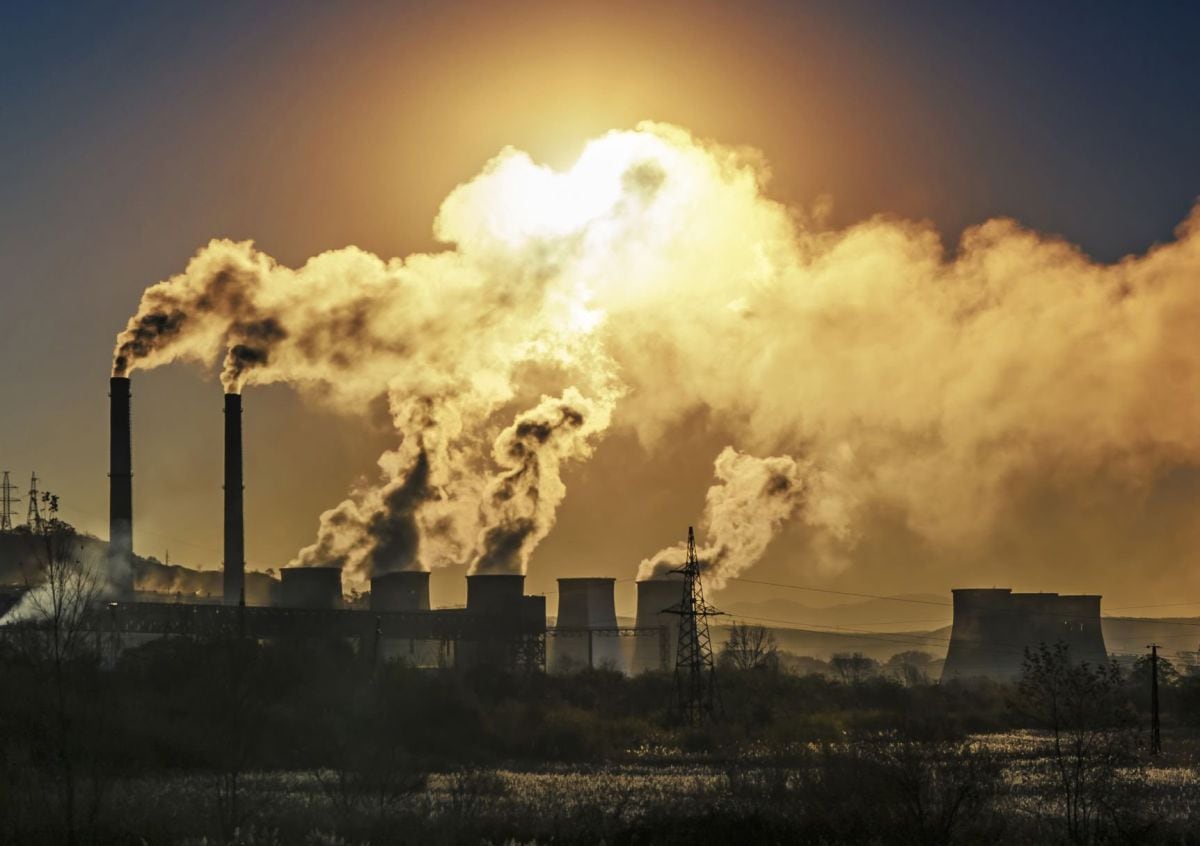
consumption of Petroleum and natural gas will cover more than half of the world’s energy needs by 2050, or 54%, Exxon Mobil estimated Monday, implying that the world will miss the target of limiting the global rise in temperatures to less than 2C.
The largest US oil producer projects the world will reach 25 billion metric tons of carbon dioxide (CO2) emissions related to energy activity by 2050, according to its estimate released Monday.
The figure represents more than double the 11 billion metric tons that, according to the United Nations Intergovernmental Panel on Climate Change (IPCC), would need to be consumed to achieve the lower range of the goal, less than a 2° increase. C in temperatures.
“An energy transition is underway, but it is not yet happening on the scale or on the dates needed to achieve net zero goals in society.”the company stated.
Exxon produces less than 3% of the world’s daily demand for crude oil, and in May its shareholders overwhelmingly rejected calls for tougher measures to mitigate the worst effects of climate change.
The International Energy Agency (IEA) says from 2021 that many more resources must be devoted to clean energy technologies to put the world on track to reach the goal of net zero emissions by 2050.
Only two of the 55 technologies needed to achieve net zero emissions by 2050 are “Developing”, Exxon said, citing the IEA. Emissions will decrease by only one 25% by 2050 as energy use alternatives grow, the company said, below desired scenarios.
Overall, Exxon projects that energy-related CO2 emissions will peak at more than 34 billion metric tons sometime this decade as economies and energy demand increase, and then decline to about 25 billion metric tons in 2050.
Exxon is investing $17 billion over a six-year period through 2027 in lower-carbon technologies, such as carbon and hydrogen capture and sequestration.
The company says that these two currently non-commercial technologies hold significant promise for sectors that are difficult to decarbonise under IPCC scenarios to limit the rise in temperatures to minus 2C.
Source: Reuters
Source: Gestion
Ricardo is a renowned author and journalist, known for his exceptional writing on top-news stories. He currently works as a writer at the 247 News Agency, where he is known for his ability to deliver breaking news and insightful analysis on the most pressing issues of the day.











